Discovery of TCR-based signatures across disease areas
Adaptive is mapping and decoding the human immune system. Specialized cells of the adaptive immune system, T and B cells, constantly respond to infections and cancer. These same cells are also involved in different autoimmune disorders. By reading and decoding the adaptive immune system, we aim to translate into the clinic the natural capability of the immune system to recognize and fight disease.
We use the exquisite specificity of T-cell receptors (TCRs) to discover and validate T-cell signatures of disease—from infectious diseases to autoimmune conditions and in the future, potentially to cancer. We do this by building a map that links trillions of TCRs with millions of disease antigens. Our goal is to make the diagnosis and monitoring of disease more accurate and reliable.
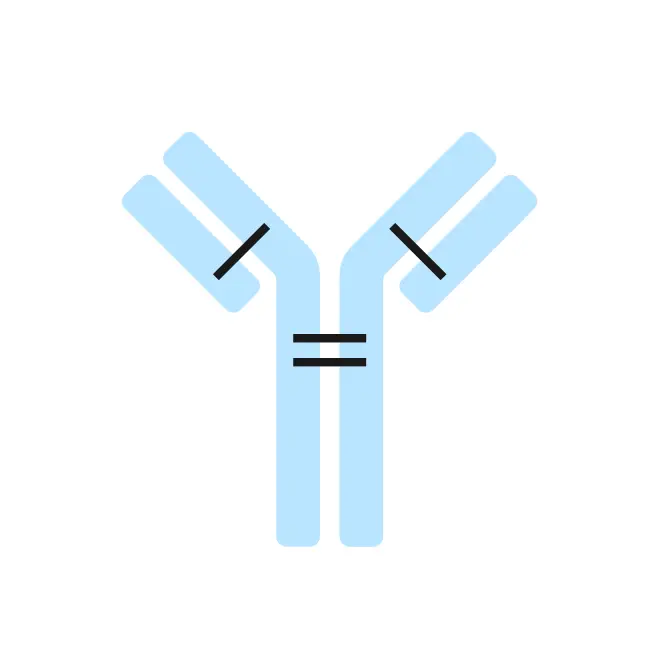
Autoimmune
disorders

Cancer
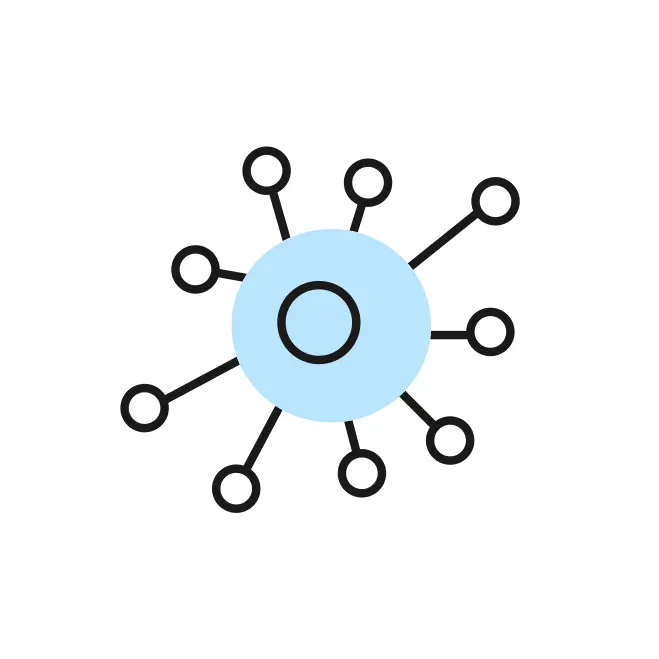
Infectious
diseases
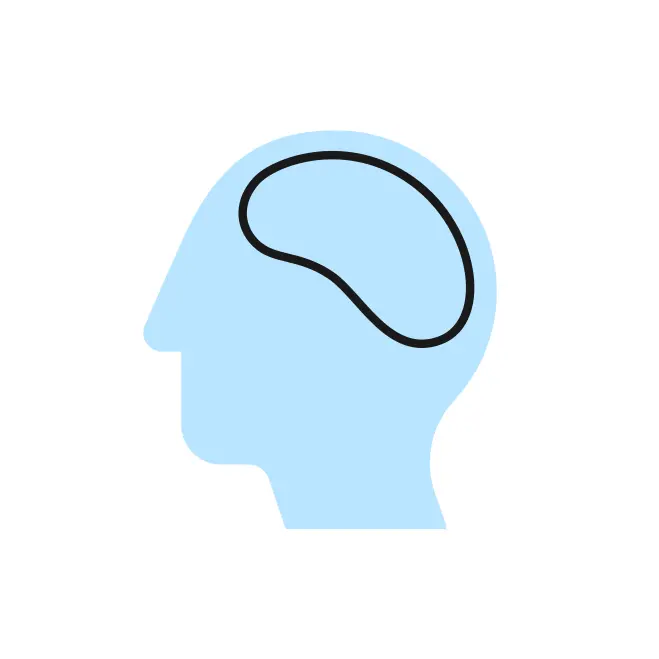
Neurodegenerative disorders
Decoding the Immune System to
Better Diagnose and Treat Disease
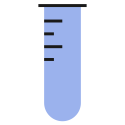
Blood Sample
The immune system is nature’s most finely tuned diagnostic, providing a fingerprint of a person’s health in their blood.
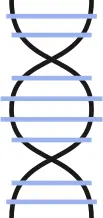
Immunosequencing
We sequence T-cell receptors (TCRs) from each individual sample that store the diagnostic information.
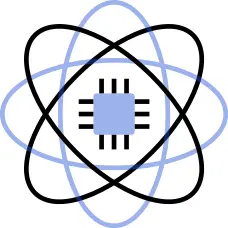
AI/machine learning
We discover disease-specific TCR signatures by comparing TCRs across disease-specific cases and controls.

T-cell signature
Disease-specific signatures may be used by doctors and researchers to improve the diagnosis and treatment of many diseases.
By leveraging our proprietary immunosequencing technology, computational modeling, and machine learning capabilities, we are making significant advances in how we can better detect and treat disease. Our drug discovery capabilities allow us to discover and fully characterize immune receptors—TCRs and antibodies—to develop as therapeutic products. With this information, we can transform the way we diagnose and treat various health conditions, such as cancer and autoimmune disorders.